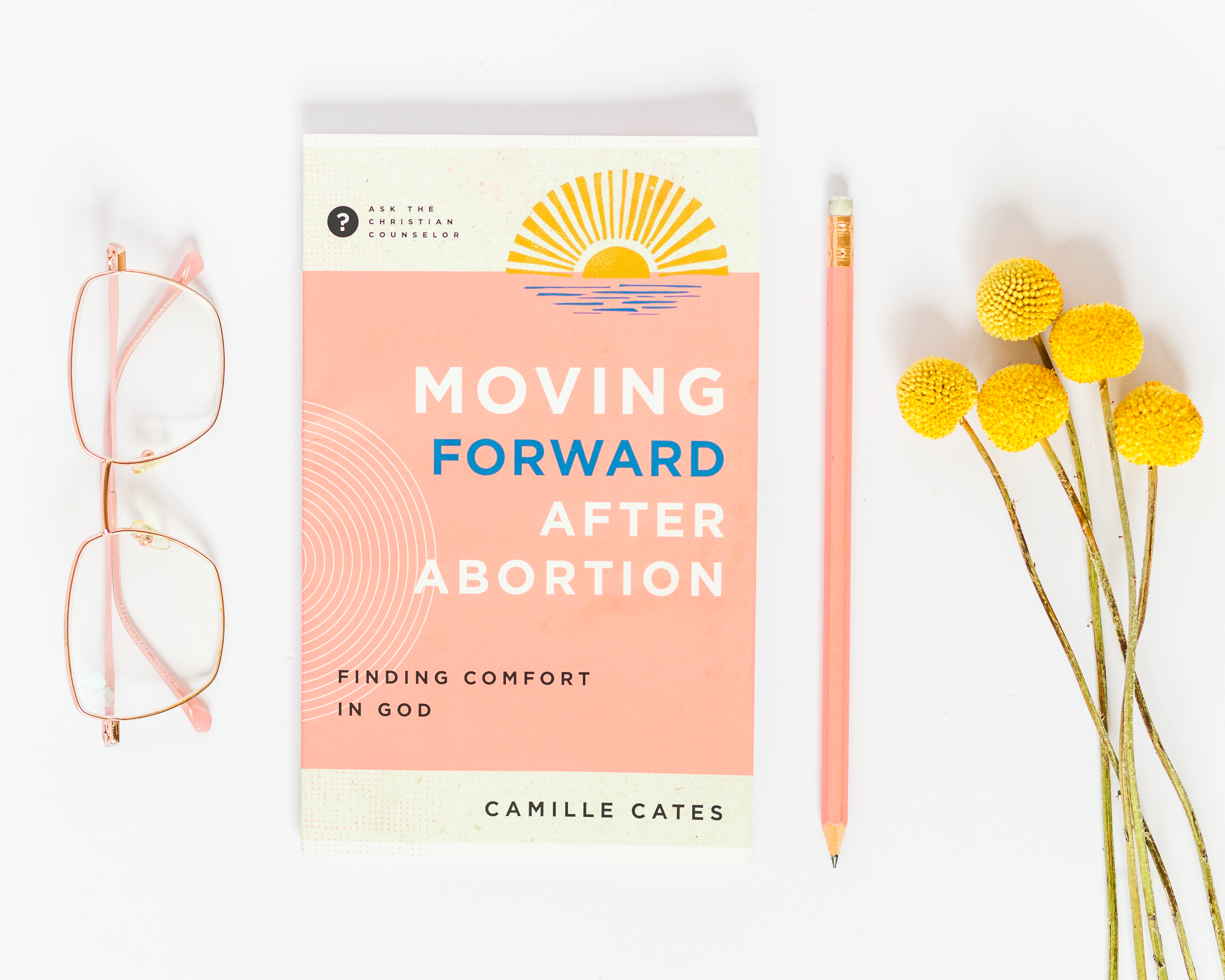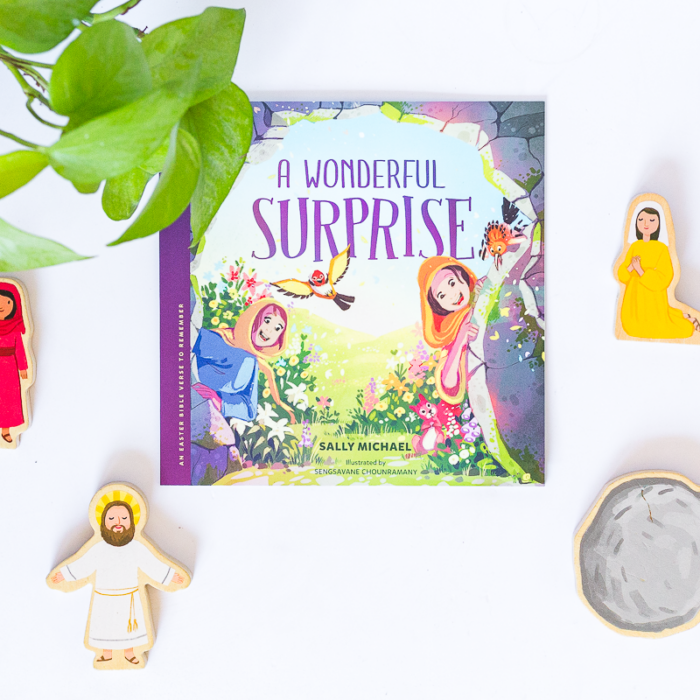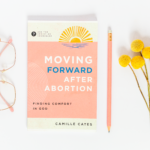This post contains affiliate links
Moving Forward After Abortion is an incredibly helpful and much needed resource by biblical counselor Camille Cates. I came across this book via Facebook and my experience with miscarriage compelled me to purchase it. Prior to my miscarriage, I was unaware of what it actually entailed. I thought miscarriage happened all at once and didn’t realize it was a process until I endured weeks of my body attempting to heal and my menstrual cycle attempted to reset itself.
During this time, I consumed Christian miscarriage resources. I quickly learned that miscarriage pain is often amplified because, in many ways, the world equates it with abortion. This was my experience in my pregnancy after loss when a nurse asked me how many living children I had and apathetically asked if abortion had been the cause of my baby’s death.
I learned that many women who have miscarriages have to take the same pills used for abortions if they don’t go into labor on their own. Some also have to endure the tragic, traumatic procedure known as a D&C which is common in abortions. When I experienced the trauma and heartbreak of my miscarriage and heard from other women who’ve experienced having to take the pills and/or a D&C, I realized that post abortion trauma must exist. I also realized that it probably isn’t talked about as much as it should be and if it were, I believe many would be hesitant to consider abortion.
Thinking through this caused me to consider how I’ve often experienced Christians responding to abortion. The general responses I’ve witnessed have included tones of condemnation, harshness, disgust, and exclusion. I’ve also seen Christians speak about abortion primarily from a political perspective. Moving Forward After Abortion is a breath of fresh air in all of these regards and I believe it is an important read for every Christian. In the book’s 80 pages, Camille vulnerably shares with readers how she had an abortion as a Christian and how harrowing the healing and recovery was.
I read Camille’s story before purchasing Moving Forward After Abortion through a free preview she offered of its first chapter. Her story made me cry and when I received my book, I reread her story and cried again. It is incredibly sad but I’m so grateful for her using the comfort she’s received in Christ to comfort others.
She begins the book by encouraging readers, “If your abortion has weighed you down or left you questioning God’s perfect love for you, consider this precious promise in Matthew 11:28-29: ‘Come to me, all of you who are weary and carry heavy burdens, and I will give you rest. Take my yoke upon you. Let me teach you, because I am humble and gentle at heart, and you will find rest for your souls’ (NLT). I found rest in Jesus after my abortion experience. You can too,” (pg. 5).
Moving Forward After Abortion does a wonderful job of examining many areas of abortion through the lens of the gospel. It acknowledges how men are also impacted by abortion and explores important topics like grief, anger, anxiety, and forgiveness. As I read, I was encouraged as Camille shared the gospel message multiple times. Although I haven’t experienced an elective abortion, my heart was greatly encouraged by this book.
In the first chapter, Camille addresses how many women feel the need to hide their abortions due to abortion often being viewed primarily through a political lens. This was something that became particularly tender to me after losing my baby to miscarriage just shy of six weeks. There’s sometimes a conundrum amongst Christians who can’t understand why a woman would be sad about losing a baby so early yet condemn abortion at any stage of pregnancy. I was blessed by reading how Camille encourages readers to find hope and refuge from this in Jesus. Camille acknowledges abortion as a sin but in a way that is gentle, compassionate, and hopeful.
By reading Moving Forward After Abortion, my eyes were opened to the reality that there are probably many Christian women who are experiencing post abortion trauma. They too are grieving mothers and the church ought to be the safest place for them to find hope and healing. Although I’m not thankful for my miscarriage, I’m thankful for how God used it to open my eyes in a new way to the tender issue of abortion.
Moving Forward After Abortion was one of the means He’s used in that process and I’m so hopeful for how He will continue to use it to make His bride more radiant. I’m also hopeful that this book will encourage the church to consider the circumstances that lead to women feeling the need for abortions and work to eliminate them.
If you are hoping for healing after an abortion or want to grow in compassion toward those who have had one, I highly recommend purchasing a copy of Moving Forward After Abortion.









